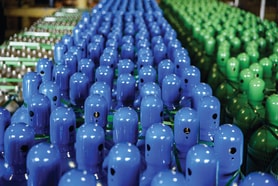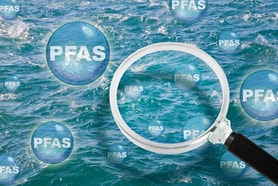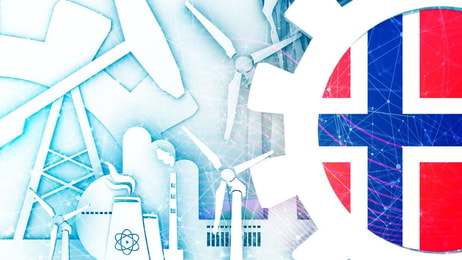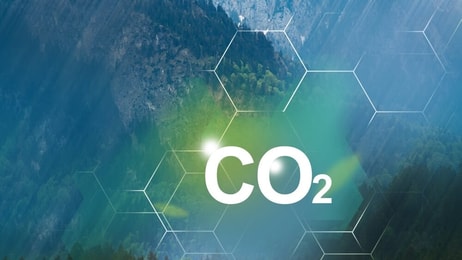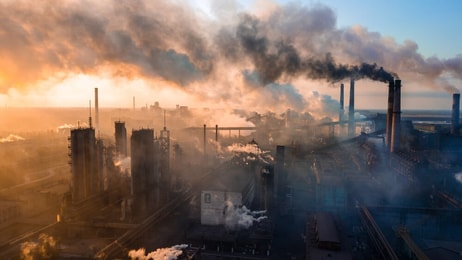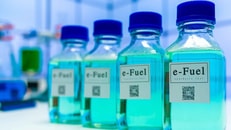Yara commits to CO2 transport and storage with Northern Lights project
Major ammonia player Yara International (Yara) and carbon dioxide (CO2) transport and storage specialist Northern Lights have signed a binding commercial agreement that will enable the first cross-border transportation and storage of CO2.
Announced yesterday (20th November), CO2 released during production of ammonia at Yara Sluiskill in the Netherlands will be liquefied and shipped by Northern Lights to be permanently stored beneath the Norwegian seabed.
The initiative is part of Yara’s target to reduce the site’s annual CO2 emissions by 800,000 tonnes per year, which is equal to 0.5% of the total annual emissions (based on 2022 figures) in the Netherlands.
Ammonia production is heavily reliant on fossil fuels and leads to 2.7 tonnes of CO2 emissions per tonne of ammonia, revealed the Ammonia Energy Association, accounting for around 1.8% of global CO2 emissions.
... to continue reading you must be subscribed







